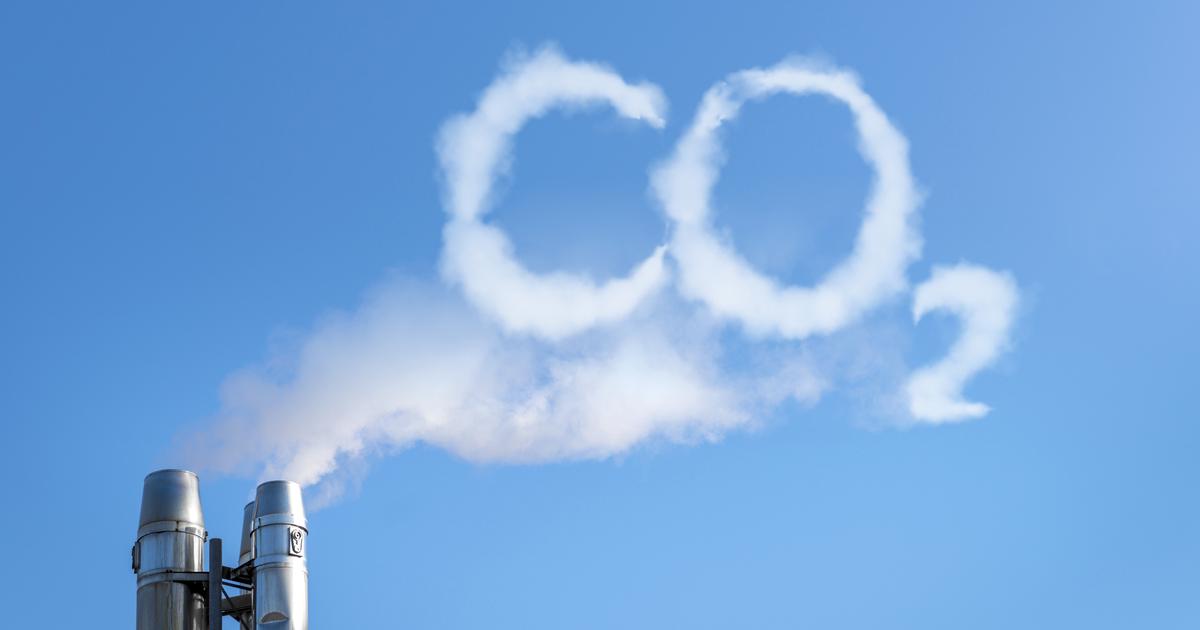Three years after the start of the coronavirus pandemic, the world is once again looking at China with fear.
The explosion of cases registered in the Asian giant after the abrupt end of the covid zero policy, in force since 2020, has triggered concern in many governments.
The question is how an uncontrolled increase in infections in a country with more than 1.4 billion inhabitants can affect the globe.
Luis Enjuanes (Valencia, 77 years old), director of the coronavirus laboratory of the National Center for Biotechnology (CNB-CSIC), is one of the international reference figures for understanding events.
Question
.
What is happening in China?
Answer
.
Well, there has been no middle ground.
They have gone from isolating all the residents of a building due to a positive case to almost letting the virus spread freely among a population with little immunity.
Q.
And that is not recommended.
A.
Sure.
The result is about 35 million infected a day, according to some sources.
It is a huge figure that can only be explained if two things are taken into account.
The first is that the restrictions imposed these three years have meant that very few people have passed the disease naturally.
The second is that the vaccination coverage rates achieved in China are lower than those in Europe and, especially, Spain, with vaccines that are also less effective.
All this means that the population is very little protected against the virus.
As a country, China should have done like the rest of the world: gradually opening as the vaccinated population increased and maintaining some restrictions for as long as necessary.
They have gone from one extreme to the other.
Q.
Hasn't applying a zero covid policy for so long been in practice delaying the moment of facing the real virus?
A.
Yes.
Q.
But this was not difficult to foresee.
China is also a scientific power. Haven't the country's experts warned that this could happen?
A.
China is also an authoritarian regime, a country that imposes very strong discipline on a population accustomed to obeying.
At the beginning of the pandemic, the Chinese government retaliated against doctors, such as the famous case of an ophthalmologist, just for warning with the best intention that there was a new virus circulating.
Dictatorships are that and the lack of freedom always goes against the population.
Q.
And how much of a concern is all this for the rest of the world?
A.
It is worrisome.
Q.
Like three years ago?
R.
We are much more prepared.
There are many contagions and this means that there will be many more mutations and new variants will emerge.
This will have a cascading effect on the rest of the world.
More infections always cause more serious cases and more deaths, and implies more risks.
Although it is also true that the new variants tend to be more attenuated forms of the virus.
Q.
Why?
A.
If the virus kills you or makes you very sick, they bury you or isolate you.
And then you can't keep driving.
On the other hand, if you can continue leading a more or less normal life, you are going to spread it everywhere.
It is a natural process that, on a large scale, means that in the end the more attenuated forms that cause milder cases always end up circulating more.
The omicron variant causes less severe cases than the alpha or beta.
Q.
Wasn't Omicron milder due to the effect of the vaccines?
A.
Also.
The protection of a population against a virus depends on many factors that accumulate.
In Europe we have seen it with the omicron variant.
It was generally milder than alpha or beta, but still caused many serious cases and deaths in the unvaccinated or immunocompromised population.
Q.
But there are viruses that are not milder with the passage of time, such as measles.
It also happened with smallpox.
A.
These viruses are DNA, larger and more stable.
They mutate much less and cause another type of systemic infection.
This is what makes you protected for life with the vaccine or passing the disease once.
I still am against smallpox and I was vaccinated more than 60 years ago.
Coronaviruses, or those of the flu, are RNA, which mutate much more.
Q.
You said that the tens of millions of infections in China are going to have a cascade effect on the rest of the world.
A.
Yes, and once again we have to give thanks to the vaccines.
The new ones are double.
They protect us against the first forms of the virus, which is necessary because otherwise they would re-emerge.
And also against the recent ones, like the new forms of omicron.
This is necessary because we know that protection against severe disease from the first few doses declines over time, especially among the elderly and people with weakened immune systems.
That is why these new reinforcement doses are so necessary.
This is like a race.
Q.
What do you mean?
A.
The body develops antibodies and T lymphocytes against the form of the virus that infects it or the vaccine it receives.
These defenses start out being enormously effective, but then they lose it over time and the appearance of new variants.
Until there comes a time when the virus infects him again.
And develop new antibodies... And so on repeatedly.
Q.
The infection is supposed to be getting milder and this will end up being like a cold.
A.
Not necessarily.
It can be like the flu, which is not as mild for many people and every year they have to get a new shot.
There are things we still don't know.
Q.
Does it make sense to request a negative PCR from travelers from China when the virus has not stopped circulating around the world, as some countries are doing?
A.
Yes, it is a common public health measure that is adopted in situations of uncertainty.
Nor is a quarantine imposed or prohibited from crossing the border, but some control is applied in a situation in which one does not know very well what is happening in China or is sure that everything is being explained.
Q.
Apart from China, what is the biggest challenge posed by the virus at the moment?
R.
The persistent covid.
There are studies in the United States that say that up to 20% suffer from some type of ailment that does not go away after the infection.
The percentages are lower according to the studies of other countries, but equally important.
This represents a gigantic challenge that countries will have to face.



/cloudfront-eu-central-1.images.arcpublishing.com/prisa/GLQIPWOC3VBT3BKZRNAZOQJEQU.jpg)





